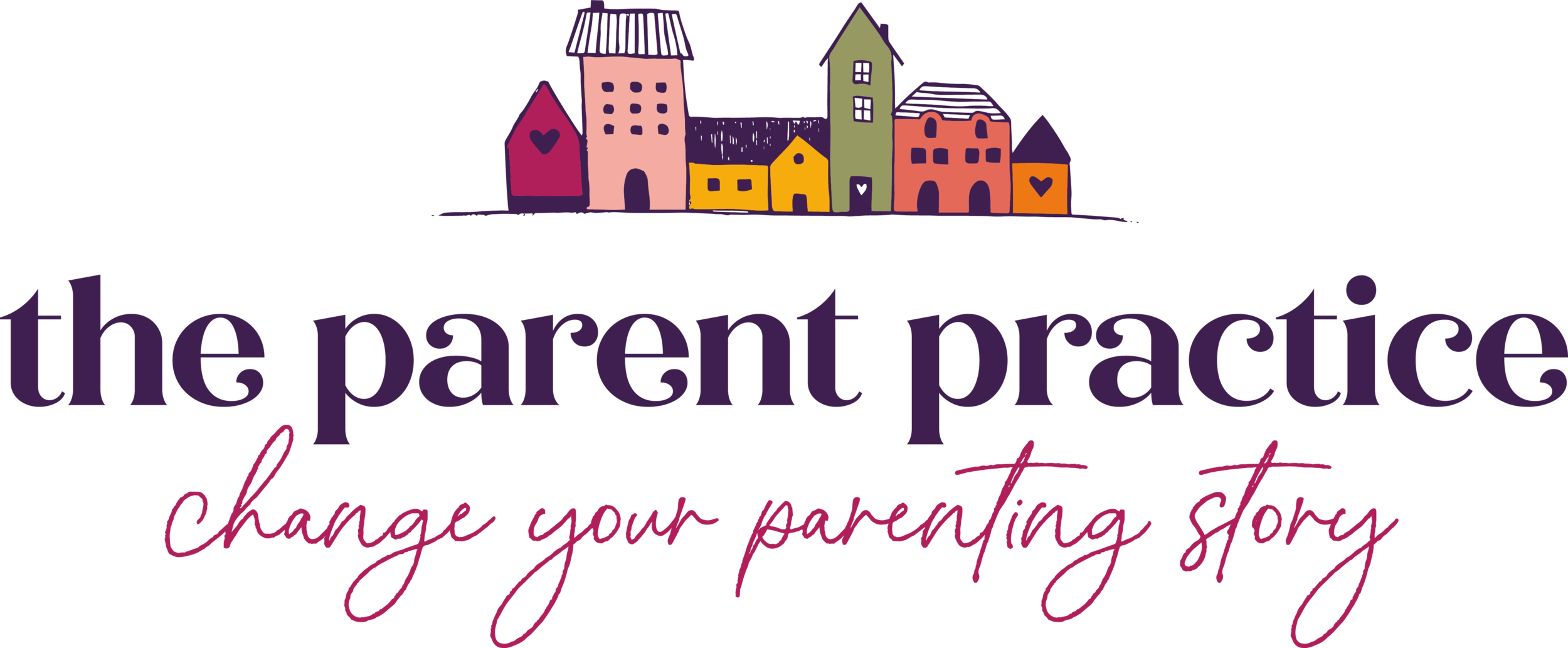Exam Results - Responding to Disappointment
Boy studying for his exams
In the UK educational system children could be doing exams for entry to their next educational establishment – and getting the results – at any time of year. They sit for 11+ in March, Common entrance (CE) generally in June but possibly January or November also and A levels results come out in August. And sometimes there are disappointing results.
So maybe some time this year your child sat an exam and got results he or she wasn’t happy with or that you weren’t happy with! If the outcome was not as hoped for read on to find out how best to respond. Of course if your child has been accepted at the school/university of your choice congratulations –but you don’t need help from me. Although possibly a word of caution about giving extra rewards for doing well in exams. Achieving the coveted entrée to the school you think is right for your child is the result and the reward for all the work they put in. If you dangle the promise of a trip to Disneyland or a new ipad in the hope of encouraging harder work from your child it may well backfire as your child feels manipulated and such an approach does not encourage self-discipline.
I recently heard about one boy who had undergone multiple exams – Y6 assessment exams for various schools which give conditional offers for Y9 subject to CE, and he’d also done the 11+ for the London day schools. He didn’t get a place. Not surprisingly he felt pretty down. The London day school situation is getting crazy. I hear the numbers are about 10-12 applicants for each place. The pass rates are going up towards 65-70% and the interview which used to be a token check is now considered crucial. The system creates an enormous amount of pressure for children and many educationalists worry that it is destroying their childhoods.
Some children will take failure to get into schools as a massive knock back and really take it to heart. Some will make it mean that they are not up to scratch. It’s not uncommon for kids to give up at that point so parents need to respond carefully.
This particular boy then didn’t do all that well in his end of year exams; not badly, just not quite as well as he or his teachers might have expected. And other kids picked up on it –he was subjected to some tough teasing. On top of his ‘failure’ to get into the schools earlier in the year it hit hard. He retreated into himself and became moody and angry. He found it hard to concentrate in class, and was unwilling to put his hand up or volunteer to take part in activities.
Luckily this boy’s mum was doing a course with us and got a lot of support at a time that is tough for parents. It is so easy to get sucked into the pressurising vortex and add to our children’s anxieties in our efforts to support them. Year 6 is a tough year for these boys, they are still so young, and yet they are expected to produce results and perform well. His mum started thinking ahead and preparing for the two years to come before he faces exams again. She wanted to build his self-confidence and increase his resilience and help him to prepare for his exams to the best of his ability while getting a whole education and without burning out with worry.
Over time his mum can help him by:
• encouraging and motivating him by descriptively praising him extensively, not just in the academic arena, but generally.
• avoiding evaluative praise so as to encourage a growth mind set (where he seems himself as someone who can grow through his own efforts) rather than a fixed mindset (where he sees his skills and intelligence as limited)
• developing resilience and a healthy attitude to failure –partly through using descriptive praise and partly by emotion coaching him (see below) and also by modelling a positive attitude to set backs and failures. What his parents pay most attention to is crucial –is it his results or his effort, the attitude he shows or strategies he employs? What they model around failure will count for a lot too.
• encouraging independence in thought and action. Give him chores to do which require skill and responsibility. Validate his opinions. This demonstrates to the boy his own competence and builds confidence. He will learn to trust his abilities, to take risks and give things a go.
For more on this see our publication Creating Happy Learners: How to reduce pressure and increase creativity.
In the short term his mum can respond with emotion coaching:
If this boy is struggling with what the other boys are saying about his results, it will be helpful for him to have a response. Rather than telling him not to worry what the other boys think, that it doesn’t matter what they say, or that he just needs to ignore them, or suggest he should tell a teacher, which is what we feel compelled to say, his mum can empathise with him. “That’s tough, having them talking about your results. It must make you feel very uncomfortable, even angry. You wish they didn’t know, or if they did know, that they would keep it to themselves.”
Having connected with how he feels about it, she can turn to solutions. The aim is that he comes up with the solution, but he may need a little guidance from her to start. “I imagine you just don’t know what to say when they talk about your results. You probably want to shout at them to leave you alone, that it’s none of your business. I am glad you’ve not been rude. Not saying anything doesn’t feel right either, does it? I wonder what you could say?”
Obviously it depends what they are saying – my experience was some boys taunting one of my sons “we beat you, we beat you, we’re better than you” and his response was “I’m glad you did well”. He wasn’t completely glad, but apart from that it was relatively honest! The point was there was nothing they could say back. We had to practice it a few times at home first but then it was a response he could use.
If you are worried that your child is negative and pessimistic, and this will be particularly hard if you are a positive and optimistic person, accept his concerns in the same way rather than trying to change him straight off. This only has the effect of making him feel wrong. “I see your point about this – and it’s clearly worrying you. You’ve thought about all the pitfalls and possible dangers. That’s clear thinking. This is what keeps us safe and helps us put things right.” The trick then is to flesh out his worries and then put them into perspective. Are there any possible upsides? Is there any chance things may go well? How likely is each scenario? He will be more willing to do this with you when you have heard and accepted his point of view first.
Life is tough, and part of our job as parents is, not to shield our children from the rubbish bits of life, which we can’t do, but to build strong children who as adults can cope with whatever life throws at them.
If you feel you would like to learning about the power of descriptive praise, emotion coaching, rules and rewards and positive discipline and help you to emerge as a more empowered parent with positive parenting strategies under your belt to impact behaviour and make for a happy harmonious home. join my Harmony at Home Course.

